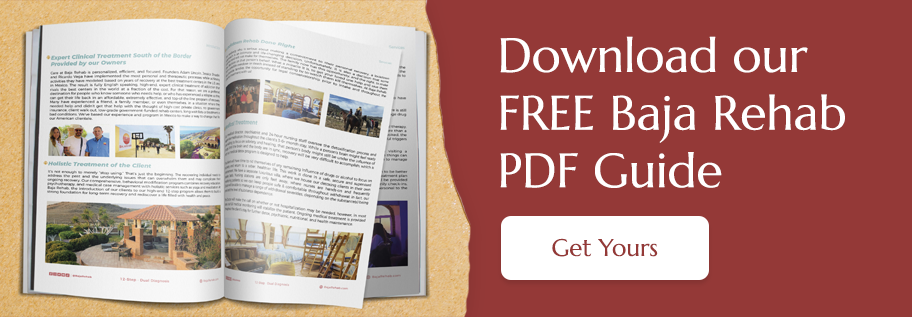What Is Substance Abuse?
People start using substances for one reason; It makes them feel good. When doing this without moderation, the body and the mind goes through a series of changes. A person can become dependent and over time, despite the teachings and lectures about the harmful and abusive effects, still tend to put the use of the substance above their friends, families, careers, and well-being.
It never starts out like this. It always starts out as a social lubricant or a life enhancer, and with most people, it stops there. Those people are lucky and might be called average drinkers. Science doesn’t really know why some people become addicted and some do not. Unfortunately, the dependent user may need medical attention & detox from substance abuse, and if they are willing, can receive the tools to stay sober & live fulfilled productive lives.
Signs Of Addiction
There are many different ways to diagnose yourself or someone else as an addict or an alcoholic. Have you tried to stop and not been able to on your own? Are you able to stop for someone you love? Do you get sick without use?
Two major factors to recognize are the mental aspect and the physical aspect. The physical we all understand because we feel pain or pleasure. The mental is more so confusing because we feel anguish, neutrality, or joy. When a person puts chemicals into their bodies for a long enough period of time, their bodies become dependent on the chemical, and it changes their mental reactions and physical feelings. It becomes harder to get high, harder to reach pleasure, and the body and mind will have a natural reaction of discomfort if that pleasure level is not met.
A hangover is a term people use for a light version of withdrawal, and it is no surprise that a drink or a drug will take that uneasy feeling away. If only that truly worked, but instead the body starts to crave more to feel better each time the experience is put to a halt. The baffling feature is that the alcoholic and addict will go back time and time again and in most cases need medical detox to stop the physical and mental withdrawals.
If somebody were to break into hives every time they eat seafood, you would think they could just stop eating seafood to avoid the hives. The main problem of the real addict or alcoholic centers in their mind. A person’s willpower may be strong in all other aspects, but where alcohol and drugs are concerned, willpower is almost nonexistent at times. We call that the mental blank spot or the peculiar mental twist.
During those times, the addict or alcoholic cannot will the sufficient force necessary to stop. The urge becomes to “feel better.” It is an overpowering desire to do the drug or drink despite wanting to quit. It may seem like they are lying when they say they will not do drugs or drink anymore, however when they say “I am done forever” they may be telling the truth at that moment. Not only that, but it’s just that their brains have been damaged and need repair. Upon detox, it will take work to enhance a new way of thinking without the consumption of drugs or alcohol.
Repair is definitely possible and recovery is happening all around the world. We have found that the first two months of sobriety are the most important foundation for long-term recovery, which is why we have designed this program.
Symptoms Of Withdrawal
Many abused drugs are associated with the development of significant physiological dependence—especially when consumed in large amounts and for a consistent period. When someone becomes dependent on a substance, they may be at risk of experiencing unpleasant withdrawal symptoms when trying to stop using.
The severity and duration of withdrawal from substance dependence are contingent upon many factors, including the amount of a drug that someone used and how frequently they used it. Unfortunately, withdrawing from drugs is often a profoundly uncomfortable experience that can stall or otherwise complicate recovery efforts.
In some instances, unmanaged withdrawal can be dangerous and may require medical care to keep a person safe during their detox period. Symptoms may include anxiety, fatigue, sweating, vomiting, depression, seizures, and hallucinations. Some withdrawal symptoms can be uncomfortable yet seldom immediately dangerous, while others may be very severe and potentially life-threatening.



